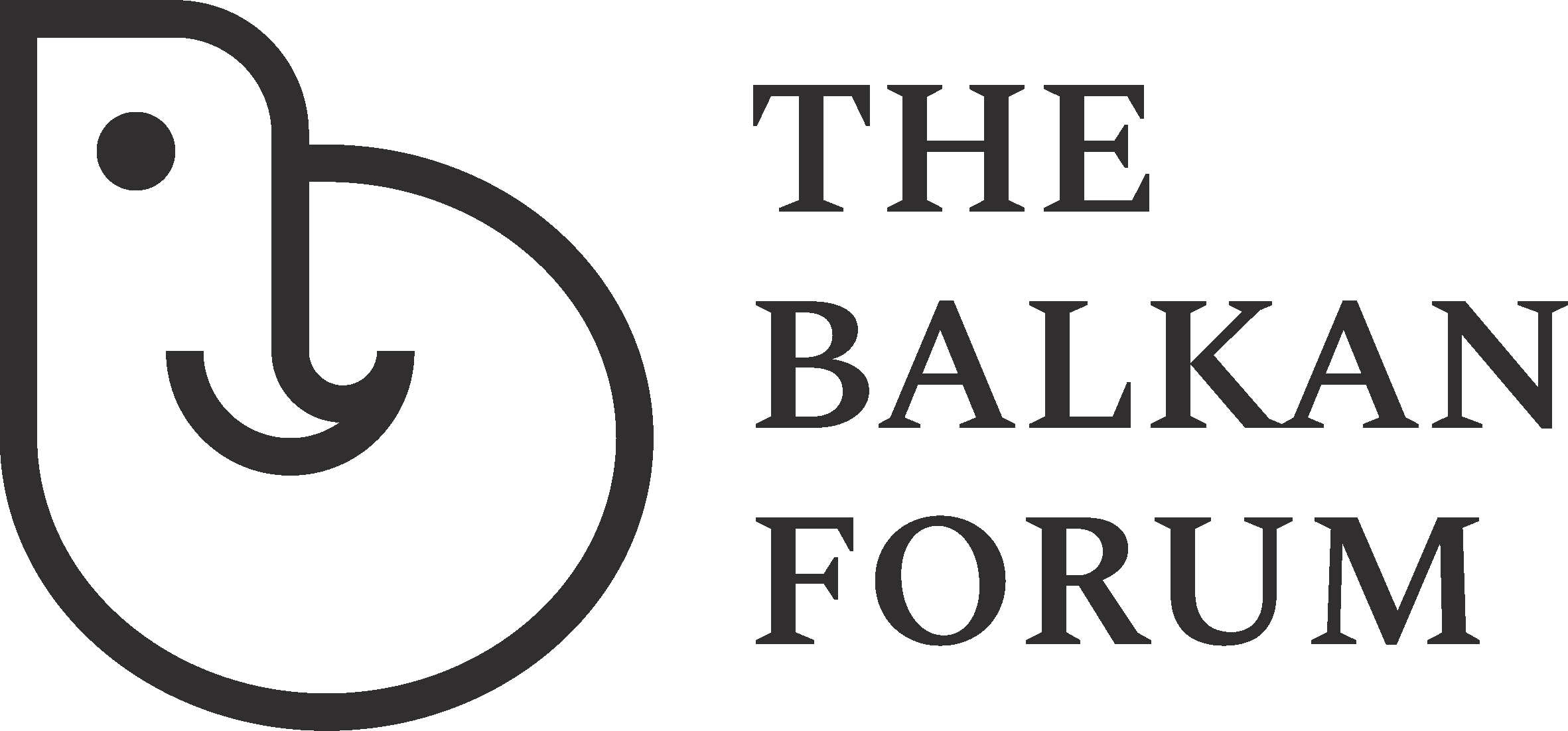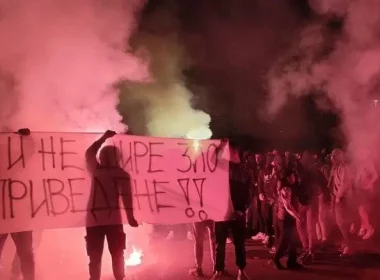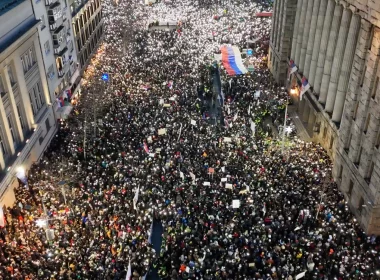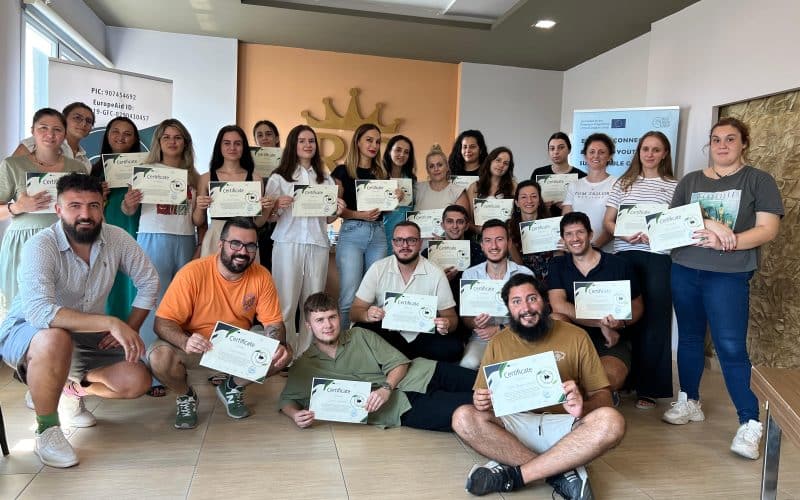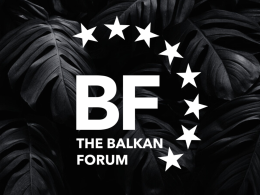Despite grand declarations, international peace initiatives remain symbolic. On the 25th anniversary of the UN’s ‘Culture of Peace’ declaration, authoritarian regimes like Russia continue to exploit global institutions, leaving civilians to bear the brunt of ongoing wars and crises.
Xhabir Deralla
Not without pompousness, the UN introduced the Declaration and Program for the culture of peace at the end of the millennium. It was on an average New York day, Monday, September 13, 1999, when nations of the world represented at the United Nations, by consensus and without reservation, declared that “peace not only is the absence of conflict, but also requires a positive, dynamic participatory process where dialogue is encouraged and conflicts are solved in a spirit of mutual understanding and cooperation.”
A fine sentiment, but how has that worked out for humanity?
The 1999 declaration is but one of many global treaties and programs that inspire hope in theory but falter in practice. The UN’s peace initiatives are often toothless, as the will to act collectively is hampered by geopolitical interests, national agendas, and the veto powers of key players in the Security Council.
Meanwhile, the Russian Federation, occupying a permanent seat at the UN Security Council, falsely claims its inherited right from the Soviet Union—a state that has not existed since 1991—and continues to abuse this privilege. Russia has manipulated its position to block numerous resolutions aimed at maintaining global peace. For instance, it has used its veto power over a dozen times since the start of the Syrian civil war to prevent meaningful international intervention, despite documented atrocities by the Assad regime. Similarly, in the context of its own aggression in Ukraine, Russia has repeatedly vetoed Security Council resolutions condemning its actions, ensuring that no sanctions or military measures can be adopted through the UN. Beyond the UN, Russia’s influence in international organizations, including OSCE, is wielded to delay or block investigations into its human rights abuses, thus enabling it to act with impunity on the world stage.
With the veto power in place, any nation with enough political leverage can block action against even the most shocking violations of peace. This is not just a failure of the system; it’s a fundamental flaw built into its design. For example, Russia repeatedly uses its veto power to prevent any meaningful action regarding its own aggression in Ukraine.
Wars continued raging throughout the globe, taking hundreds of thousands of lives, displacing millions of people, causing destruction, famine and immense suffering of civilians, including women and children.
The tragic irony is that, despite the establishment of international humanitarian law and countless conventions protecting civilians, it is civilians that continue to bear the impact of the violence across the world. From Srebrenica in Bosnia to Bucha in Ukraine, and Gaza Strip in Israel, the international community’s inaction often makes them complicit in the suffering of the most vulnerable.
Horrible terror attacks on 9/11 and the War on Terror that followed falls in this period, as well as Russian wars and military operations in Chechnya, Georgia, Azerbaijan, Moldova, and finally the most brutal and on a large scale ongoing war against Ukraine, conflicts and wars in the Middle East, Africa and Asia – the list goes on. So much from the declarations and programs to promote a culture of peace.
The international community’s selective approach to intervention further underlines its double standards. Why was there swift military action in Libya in 2011, but long silence on Syria, and Yemen. Why there are so many obstacles in the Ukraine’s fight for freedom? How did the world allow so much suffering of civilian population in the Gaza Strip and The West Bank? Same with conflicts in Africa… This discrepancy suggests that the culture of peace is more about political convenience than human rights. Period.
The war in Ukraine is yet another blatant and tragic example of violation of the principles laid out in the Declaration on a Culture of Peace. One could not be honest without pointing out the fact that countless speeches, resolutions, and sanctions, discussed and declared by the international community have failed to stop the destruction imposed by the Kremlin. The Ukrainian crisis demonstrates not just the failure of diplomacy, but the extent to which peace declarations are ignored when Russia is involved. China is not much better in this context. The emerging issues with China will only dramatically confirm this statement.
The character of wars in the last 25 years has been changing from one to another conflict zone or region. But what remains the same is the endless suffering of people and disproportionately higher number of civilian casualties than combatants.
Europe has been no exception from wars in the last 25 years. In the 90s, the Balkan region saw extremely brutal wars accompanying the dissolution of Yugoslav federation. It started with a 13 day war in Slovenia, but continued with horrendous bloodshed in the rest of the crippled federation. Serbian commanded Yugoslav People’s Army and paramilitary groups with ideological basis in the WW2’s chetniks and other paramilitary formations clashed with the resurrected ustasha movement militias and other formations on the Croatian side. A dirty, violent and bloody conflict raged with numerous civilian casualties and war crimes, displacement of population.
Bosnia saw even more horrific four-year war with unspeakable war crimes and an act of genocide in Srebrenica in 1995, displacing two thirds of the population and leaving hundreds of thousands civilians killed, including many women and children, destroyed homes, and tortured civilians, including raped amd tortured women and girls in concentration camps.
In 1999, when the UN declaration on culture of peace was declared, Kosovo war for independence was just over, but the region was far from finding its peace. In 2001, North Macedonia has gone through a six months war between Albanian insurgents and the Macedonian army and police forces, ending with the Ohrid Framework Agreement.
Saber rattling in the Balkans continue with Serbia building its military mussels, and with Bosnian Republika Srpska secretly arming.
While the Declaration envisioned peace as a dynamic process of dialogue, new technologies like AI, cyber-attacks, and drone warfare have complicated the equation. Not only do these technologies create new battlefronts, but they also give nations plausible deniability, making it harder for international bodies to hold anyone accountable. Russia’s use of hybrid warfare, including disinformation campaigns and cyber-attacks, is a glaring example of this new reality.
However, despite the fact that the use of new technologies and AI dramatically changed the shape of warfare – cyber, physical, and biochemical attacks take numerous lives in ever dispersed and multisector/fragmented front – the WW1 styled carnage continues in all wars.
Such are the examples of the Russian aggression against Ukraine, the worst war since the end of WW2. And, that was not enough. The world is a witness to an immensely destructive assault of the Israeli army against Hamas in Gaza with over 41000 dead and counting, including two thirds of women and children, after the terror group massacred more than 1200 Israelis in October 2023. Meanwhile, the IDF conducts military operations in the West Bank, and is currently involved in military operations clashing with Hesbolah in Lebanon.
As the world commemorated another International Peace Day, and self-importantly iterated its 25th anniversary, it is a high time to confront the uncomfortable truth: global peace initiatives, as they exist today, are largely symbolic.
Without meaningful reform of the UN and other international bodies, particularly the political will to challenge authoritarian aggressors like Russia, the culture of peace will remain an unfulfilled promise with tragic consequences. Real peace demands not just declarations but decisive, courageous action. Until then, aggressive regimes will continue to evade international justice, while the world watches the devastation of peace and the gargantuan violation of human rights.
Written by Xhabir Deralla to commemorate the 25th anniversary of the International Peace Day.
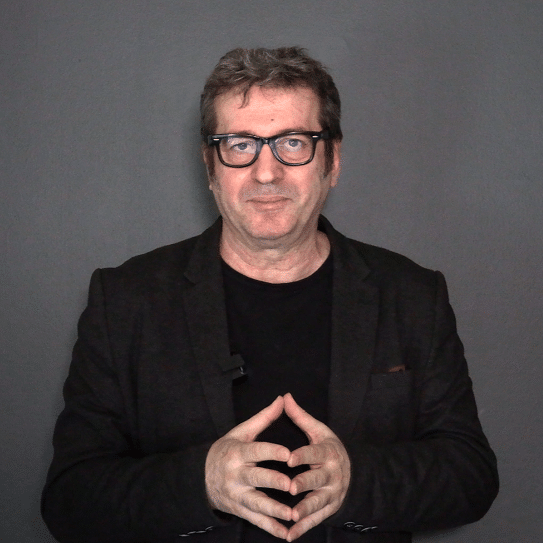
Xhabir Deralla
Journalist and writer; editor in chief and chairperson of CIVIL – Center for Freedom and its media platform.
